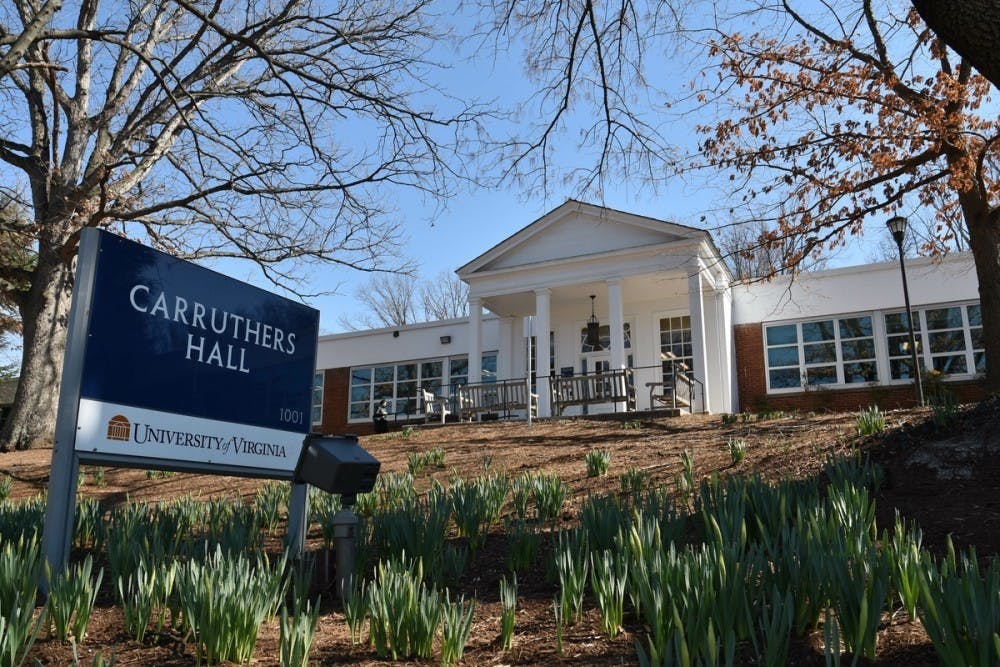The Board of Visitors held a public comment session pertaining to the proposed tuition increases earlier this month. Liz Magill, who serves as the University’s executive vice president and provost, attempted to ease concerns about the proposed increases by explaining foundational goals that would offset some of the higher costs. Most notably, she explained that the administration hopes to find ways to strengthen AccessUVA, the financial aid program that meets 100 percent of demonstrated undergraduate financial need. In addition to covering tuition costs, AccessUVA also helps students cover housing costs up to $6,720. However, as housing is one of the largest costs levied on students upon entering the University, financial aid policies must shift accordingly in order to address these expenses.
Student housing in Charlottesville has become increasingly expensive over the past few years, making it one of the most expensive rental markets in Virginia. The rise of luxury housing near Grounds has not only affected low-income Charlottesville workers and residents, but students as well. According to the University’s Off-Grounds Housing Guide, an apartment in Charlottesville could cost between $597 and $1,023 per month for a 12-month lease — or at least $7,164 per year excluding utility costs. Given that low-income students could acquire the least expensive housing options, AccessUVA’s housing coverage still leaves a significant cost for these students.
Laura Goldblatt, a postdoctoral fellow in the Global Studies department who works with the Charlottesville Low Income Housing Coalition, noted that off-Grounds housing has become so expensive partially due to the lack of desirable on-Grounds housing that currently exists, forcing the private market to make up for this gap. However, a closer look at on-Grounds housing costs reveals that it still may not be an option for low-income students.
Following reports that the University may soon require second-year students to live on Grounds, AccessUVA’s housing coverage becomes even more problematic. All first-year dorms cost $6,460 per academic year — however, upperclass housing dramatically increases in price. In fact, only the cost of a double in the Hereford Residential College or International Residential College comes close to being covered by AccessUVA’s $6,720 maximum housing coverage. Moreover, not only do these housing areas highlight a specialized community experience that may not be attractive to all students, but they also both require applications to live there. This leaves low-income students that may not be able to afford housing without financial aid programs with very few on-Grounds living choices.
Certainly, the difficulty of finding inexpensive housing in Charlottesville has become a unique stressor for students. For example, one student even decided to surpass the process of finding an apartment on- or off-Grounds and opted to live in a van in Charlottesville. fourth-year College student Liam Flaherty decided to come up with his own “creative solution” to the expensive housing options that was forcing him to live far from his classes and friends. Although Flaherty seems to have been satisfied with his living situation, the University should take steps to make sure that students are not forced to live without a stable home. Now, Flaherty lives in a room on the Lawn, one of the more expensive on-Grounds options. However, these rooms have unique financial aid programs that are not available to just any student.
Also important to note that according to University President Jim Ryan’s 2030 plan, AccessUVA may soon be replaced. Instead, Ryan proposed a new financial aid program called SuccessUVA which will expand the aid program to “enable more low- and middle-income students to attend the University and engage in all that we offer.”
As SuccessUVA is implemented into the University’s financial aid programming, administration must ensure that students are able to live comfortably and thrive at the University. To do so, the Office of Financial Aid must enact programs that adequately acknowledge how expensive finding a home in Charlottesville can be. The implementation of SuccessUVA and the proposed strengthening of AccessUVA provides an important opportunity for the University to examine student housing and how to best shape it to address the needs of those who have trouble financing these incredibly significant costs.
Victoria McKelvey is the Senior Associate Opinion Editor for The Cavalier Daily. She can be reached at v.mckelvey@cavalierdaily.com.







